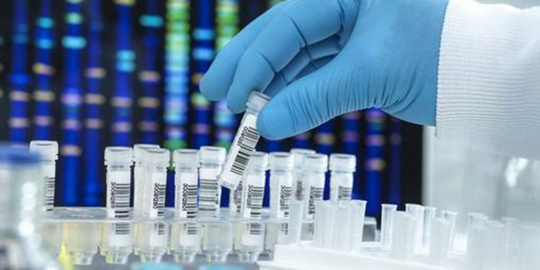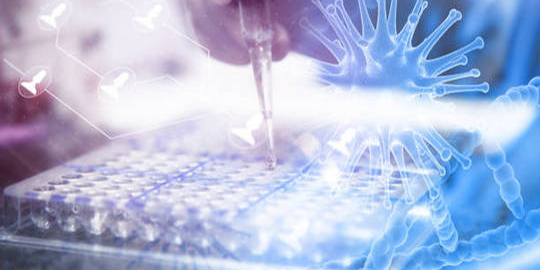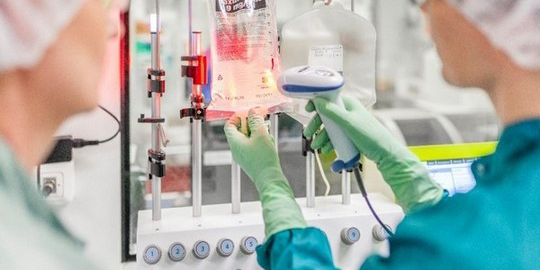Scientific Department
The Scientific Department of the Center consists of an administrative and managerial team and 5 scientific laboratories. The Department is a practice-oriented unit: it organizes and conducts all research activities at the Center, implements into clinical and diagnostic practice, and coordinates postgraduate and doctoral training.
Administrative and managerial team of the scientific department:
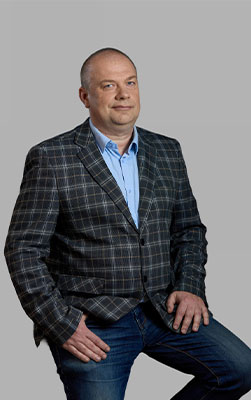
Deputy Director for Science
Belevtsev Mikhail Vladimirovich,
PhD, Associate Professor+375 (17) 287-10-14
e-mail: belevcev@oncology.by
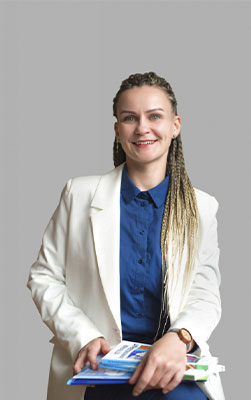
Scientific Secretary
Olga Sergeevna Vshivkova,
PhD+375 (17) 287-10-28
e-mail: uchsecretar@oncology.by
Scientific laboratories
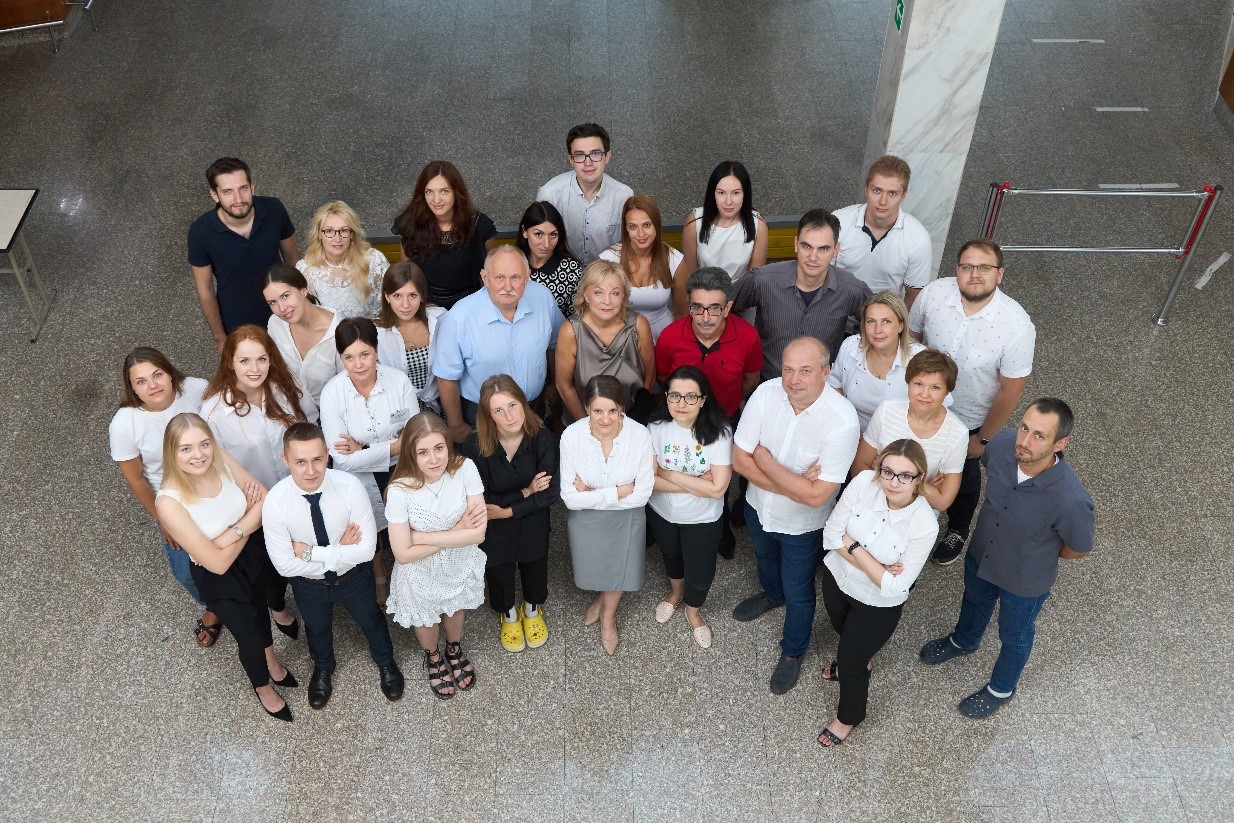
Key achievements:
Since 2009, the Bank for personalized collection and storage of umbilical cord blood , a unique source of stem cells, has been operating. Currently, the cord blood bank stores more than 1 300 samples.
A technology for obtaining a biotransplant of mesenchymal stem cells from bone marrow has been developed and patented . The effectiveness of the cell product for the treatment of graft-versus-host disease, cerebral palsy, osteoarthritis, drug-resistant forms of tuberculosis, liver cirrhosis, ischemic cardiomyopathy, aplastic anemia, etc. has been proven. By 2022, more than 400 patients have received cell therapy with this drug.
In 2019, preclinical trials of DNA vaccines against oncological diseases (neuroblastoma, lymphoma, sarcoma) were completed, and their clinical testing began. DNA vaccines were used for 22 patients with lymphomas, 6 with neuroblastoma, 4 with sarcomas.
A next-generation sequencing technology has been implemented, enabling the creation of personalized gene panels for monitoring residual tumor cells in hematologic malignancies and diagnosing primary immunodeficiencies. The Republican Register of Primary Immunodeficiencies has been created (information resource certificate No. 0761918200 dated 04.05.2019).
In the fall of 2020, clinical testing of a new method for treating refractory/relapsed ALL in children and young adults – anti-CD19 CAR-T therapy – began . By December 2022, 10 patients with leukemia and lymphomas received CAR-T therapy and 9 patients received NK therapy as part of clinical trials. In January 2023, the Ministry of Health approved the instructions for the method .
In 2022, together with the Republican Scientific and Practical Center for OMR and the Institute of Bioorganic Chemistry of the National Academy of Sciences of Belarus, a project was launched to develop a new version of CAR-T therapy for Hodgkin’s lymphoma . Work is underway to obtain fourth-generation reinforced CAR-T cells with a dual receptor for tumor-specific surface markers (glypican-2, GD-2, B7-H3) for the treatment of neuroblastoma.
Two clinical trials of the developed methods of cellular adoptive immunotherapy have been registered in the international database Clinicaltrial.gov : Immunotherapy With ex Vivo Expanded Haploidentical Natural Killer Cells for Children/Young Adults With High-risk, Refractory or Relapsed AML ( NCT 05272293 ); Immunotherapy With ex Vivo Expanded Haploidentical Natural Killer Cells as Consolidation Strategy for Children/Young Adults With AML ( NCT 05334693 ).
A pilot project for screening newborns for primary immunodeficiency will be launched in 2023 (Order of the Ministry of Health of the Republic of Belarus dated November 30, 2022 No. 1675 “On the implementation of the pilot project” Screening of newborns in Minsk for primary immunodeficiency “). The screening procedure is based on the development of the scientific department staff and the approved instructions for the method .
Main areas of scientific research:
- epidemiology of malignant neoplasms, immunodeficiencies and hemopathies in children, adolescents and young adults;
- development of a methodology for the assessment and treatment of minimal residual disease in malignant neoplasms in children and adolescents;
- development of treatment programs for malignant neoplasms and hematological diseases in children and adolescents using hematopoietic stem cell transplantation, hyperthermia and biotherapy;
- development of methods for graft purification and methods for treating graft-versus-host disease;
- development and experimental substantiation of immunological and molecular biological foundations for the correction of primary (congenital) immunodeficiency conditions in children;
- improving molecular genetic diagnostics of hereditary diseases, blood diseases, oncohematological diseases and primary immunodeficiencies using third-generation sequencing (NGS) and bioinformatics analysis;
- development of antitumor vaccination methods, production and testing of DNA vaccines for solid tumors;
- development of methods for cellular adoptive immunotherapy, including natural killer cells (NK cells) and chimeric antigen receptor lymphocytes (CAR-T cells).

 Email:
Email:  43 Frunzenskaya st.,
43 Frunzenskaya st.,






